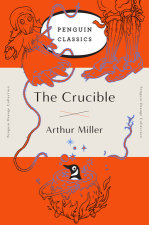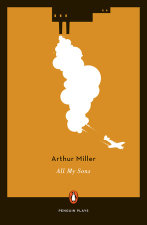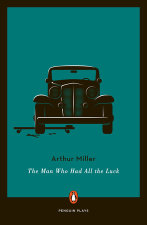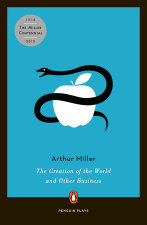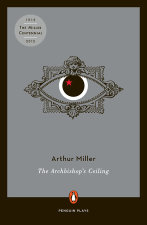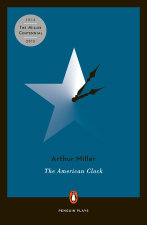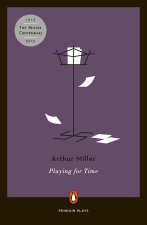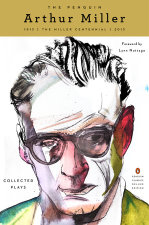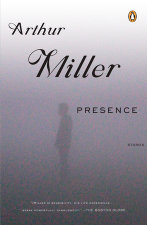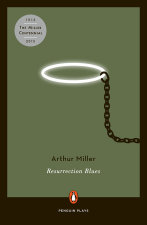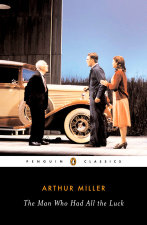The Man Who Had All the Luck
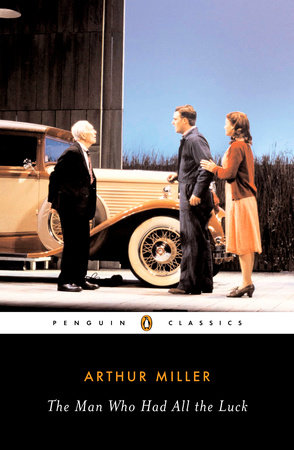
The forgotten classic that launched the career of one of America's greatest playwrights A Penguin Classic
It took more than fifty years for The Man Who Had All the Luck to be appreciated for what it truly is: the first stirrings of a genius that would go on to blossom in such masterpieces as Death of a Salesman and The Crucible. Infused with the moral malaise of the Depression era, the parable-like drama centers on David Beeves, a man whose every obstacle to personal and professional success seems to crumble before him with ease. But his good fortune merely serves to reveal the tragedies of those around him in greater relief, offering what David believes to be evidence of a capricious god…
Arthur Miller (1915–2005) was born in New York City and studied at the University of Michigan. His plays include All My Sons (1947), Death of a Salesman (1949), The Crucible (1953), A View from the Bridge, A Memory of Two Mondays (1955), After the Fall (1963), Incident at Vichy (1964), The Price (1968), The Creation of the World and Other Business (1972) and The American Clock (1980). He also wrote two novels, Focus (1945) and The Misfits, which was filmed in 1960, and the text for In Russia (1969), Chinese Encounters (1979), and In the Country (1977), three books of photographs by his wife, Inge Morath. His later work included a memoir, Timebends (1987); the plays The Ride Down Mt.…


